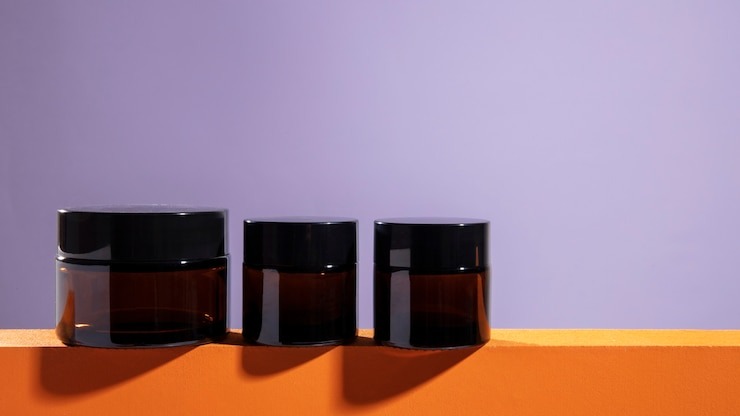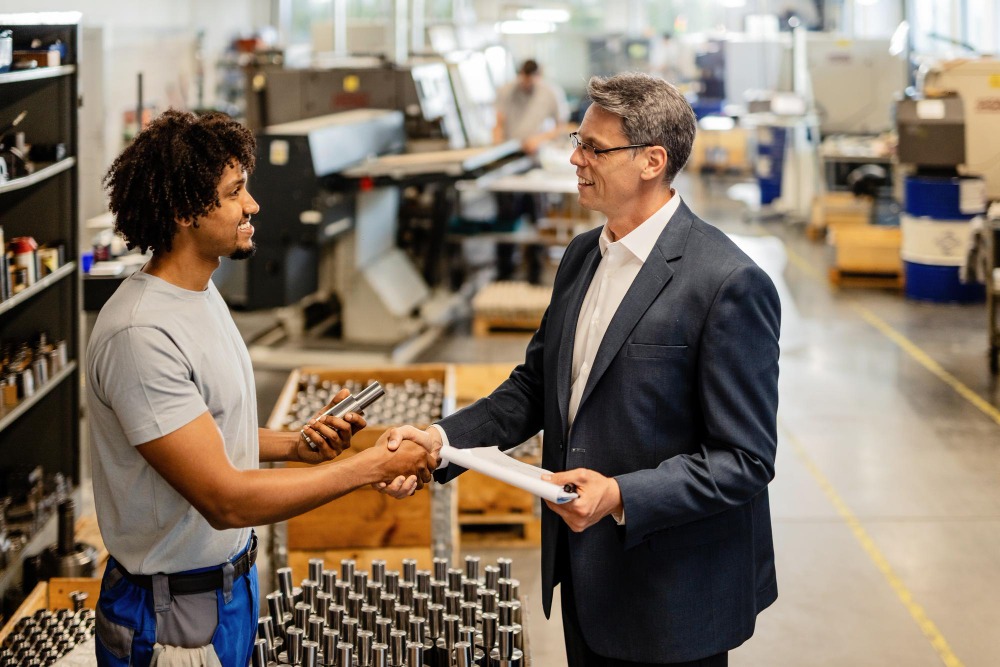In recent years, a new breed of eco-conscious start-ups has emerged, driven by a mission to reduce waste, lower carbon footprints and champion transparency in every step of the supply chain.
These fledgling brands often begin with a powerful idea—whether it is a zero-waste skincare line or compostable packaging for everyday essentials—but lack the in-house expertise needed to scale production sustainably.
That is where private label manufacturers step in. By combining production know-how with rigorous environmental standards, these manufacturing partners enable purpose-led entrepreneurs to turn concept into reality without compromising on ethics or quality.
Key Highlights
- Private label manufacturers help eco start-ups scale ethically and efficiently.
- They provide immediate access to certified facilities and materials.
- Private partners manage strict regulatory compliance and safety testing.
- Packaging solutions include compostable, recycled and PCR materials.
- Transparency tools like blockchain and QR codes build consumer trust.
- Start-ups retain brand identity while leveraging expert manufacturing.

Source: freepik.com
Partnering for Purpose
From the very first prototype, an eco-minded start-up must navigate a labyrinth of technical, regulatory and logistical challenges.
By collaborating with an experienced private label partner, such as a cosmetics manufacturer, brands gain immediate access to specialised facilities, vetted raw-material suppliers and robust quality-control protocols.
This allows founders to maintain their creative focus, whether on innovative botanical blends or novel refillable systems, while the manufacturer oversees formulation, stability testing and compliance with international cosmetic regulations.
In effect, the start-up retains its unique brand identity yet benefits from the scale and efficiency that only a dedicated production expert can provide.
From Concept to Shelf
Developing a truly sustainable product involves more than swapping plastic for glass or touting organic ingredients.
It requires rigorous testing to ensure safety, efficacy and shelf stability, all while adhering to complex regulations that vary by market.
Private label manufacturers maintain dedicated laboratories where chemists conduct stability studies, preservative efficacy tests and skin-sensitivity assessments.
They also handle the evolving web of legal requirements, from EU Cosmetic Regulation to the UK Cosmetic Products Regulation, ensuring each batch is fully compliant before it reaches consumers.
An eco-friendly product can be undone by unsustainable packaging.
Leading private label partners invest in research around compostable labels, recycled glass and PCR plastics.
They leverage relationships with certified suppliers to source materials that meet stringent environmental standards without inflating costs.
As a result, start-ups can market products that not only look and feel premium but also carry credible green credentials that resonate with discerning shoppers.
By compressing timelines through parallel processes, private label facilities help start-ups swiftly capture fleeting market trends or seasonal demands, which can make the difference between a successful launch and a missed opportunity.
Building Trust through Transparency
In an era of greenwashing concerns, transparency is paramount. Start-ups can leverage the traceability systems already in place at reputable private label manufacturers, which document every stage of production from farm to finished good.
Blockchain-enabled tracking, batch-specific QR codes and full-supply-chain audits are increasingly standard offerings.
By sharing verifiable data on ingredient provenance, carbon emissions and waste diversion rates, brands strengthen consumer trust and foster long-term loyalty.

Source: freepik.com
Key Areas to Evaluate When Choosing a Manufacturing Partner
Finding the right private label manufacturer is not just about availability. It’s about alignment on ethics, capabilities, and scalability. Eco start-ups must consider several critical factors before entering a long-term partnership.
- Environmental Certifications – Ensure the facility holds ISO 14001, USDA Organic, or ECOCERT certifications.
- Waste Management Practices – Ask about how they handle chemical waste, water usage, and energy sources.
- Experience with Sustainable Brands – Previous success stories are a good indicator of capability.
- Ingredient Sourcing Policies – Verify how ingredients are sourced and whether fair-trade or regenerative options are available.
- Innovation in Packaging – Look for in-house expertise or partnerships with advanced packaging developers.
By carefully screening for these attributes, start-ups increase their chances of building a long-lasting, values-aligned relationship.
Managing Production Without Losing Your Brand Voice
One of the most common concerns for purpose-led start-ups is the fear of losing control over the creative direction. Private label does not have to mean generic.
The right partner understands the brand story and helps translate it into every touchpoint—from scent profiles to texture and packaging design.
To maintain brand voice:
- Collaborate on every formulation round with regular feedback cycles.
- Retain approval rights over design and communication elements.
- Use mood boards, consumer profiles, and brand manuals to guide development.
- Request transparency over any substitutions or changes to raw materials.
Founders who stay involved through each phase of production preserve brand authenticity while taking advantage of expert resources.
The Role of Data in Proving Impact
Data is no longer optional. To stand out in the sustainable marketplace, a brand needs more than a good story—it needs metrics. Private label manufacturers with modern digital systems make this possible.
They can offer:
- Lifecycle assessments for carbon and water footprints
- Batch-level energy consumption logs
- Waste output and recycling statistics
- Ingredient origin verification and traceability logs
These metrics are gold for marketing and required for certifications like B Corp, Climate Neutral, or EWG Verified. Data-supported storytelling earns trust faster than vague claims.

Source: freepik.com
Long-Term Advantages of Private Label Relationships
Short-term gains matter, but long-term alignment delivers lasting results.
As markets shift and eco standards tighten, start-ups with trusted private label allies are better positioned to adapt, scale, and thrive.
Long-term collaborations can unlock benefits that single-project contracts cannot.
- R&D Investment – Manufacturers are more likely to invest in product development for brands they trust.
- Shared Sustainability Goals – Strong partnerships often lead to joint initiatives on carbon reduction and zero-waste targets.
- Faster Innovation Cycles – Long-term deals allow brands to test, iterate, and launch more quickly.
- Cost Efficiency – Economies of scale emerge through regular orders and shared packaging runs.
- Regulatory Foresight – Experienced manufacturers help predict and prepare for future compliance challenges.
By nurturing stable, cooperative partnerships, eco start-ups can future-proof their operations and scale responsibly.
Conclusion
The synergy between mission-driven start-ups and expert private label manufacturers is reshaping the landscape of sustainable products.
By outsourcing the technical complexities of formulation, compliance and large-scale production, founders can concentrate on brand storytelling, community engagement and continuous innovation.
At the same time, consumers benefit from higher-quality, transparently sourced goods that align with their environmental values.
As the sustainable manufacturing market surges towards new heights, these partnerships will prove essential in bringing the next generation of green products from idea to reality in an ethical and efficient manner.
More importantly, they will help build a foundation of trust and accountability that the next wave of conscious consumers now demands.











